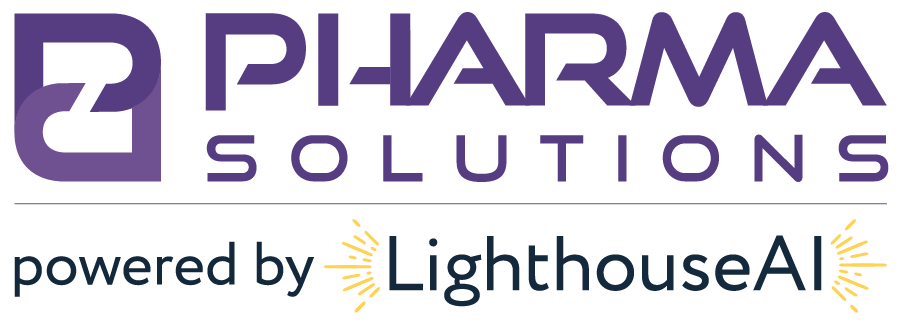Consolidation is on the Horizon for 503Bs and WDDs
The pharmaceutical industry has been notorious for consolidation and vertical integration over the last decade – and we can now expect another wave across two different business models.
503B
Most of the content you see from Pharma Solutions in regards to the DQSA focuses on Title II: Drug Supply Chain Security Act, which outlines steps to build an electronic, interoperable system to identify and Consolidation is on the Horizon for 503Bs and WDDstrace certain prescription drugs as they are distributed in the United States. Title II primarily affects manufacturers, 3PLs, drug distributors and pharmacies.
However, Title I: The Compounding Quality Act was extremely important in setting up a radical new business model, the 503B outsourcing facility. A 503A pharmacy is a traditional compounding pharmacy that formulates compounded medications based on a prescription for a specific patient. A 503B outsourcing facility not only can prepare personalized compounded medications for specific patients, but also large batches of medications for use by doctors and veterinarians in their offices. A key aspect, however, is that 503B outsourcing facilities are required to maintain full compliance with current good manufacturing practices (CGMP) requirements.
Big Deals
The 503B scene started off splashy – AmerisourceBergen agreed to buy PharMEDium for $2.58 billion in October 2015. But the FDA and regulatory requirements would prove too much for the company – just 3.5 years later, in May 2019, a US District Judge entered a consent decree prohibiting PharMedium from using its Tennessee facility. The company had already ceased operations at its Mississippi facility. Although Texas and New Jersey facilities were allowed to stay operational, they were forced to comply with a number of requirements.
FDA Cracks Down
Since the May 2019 PharMEDium consent order, the FDA has increasingly dropped the hammer on 503B compounding pharmacies, usually for sterility concerns.
-
June 2019: a facility issues voluntary nationwide recall of all unexpired sterile drug product lots due to lack of sterility assurance.
-
June 2019: FDA warns patients and health care professionals to not use sterile products produced by a facility.
-
June 2019: a facility issues voluntary nationwide recall of all sterile products within expiry and voluntarily cessation of production due to the lack of sterility process assurance.
-
September 2019: a facility issued a voluntary nationwide recall of all human and animal sterile drug products due to lack of assurance of sterility.
-
January 2020: a facility issues voluntary nationwide recall of all sterile drug products within expiry due to a lack of assurance of sterility.
The Future of 503B
However, the opportunity is there and remains lucrative for those companies that can properly invest and, quite frankly, assure the sterility of their product. SterRx signed a massive contract with Sagent for sales and marketing in February 2017 that could be worth up to $1 billion over 5 years (Sagent presumably learned from AmerisourceBergen’s mistake and chose to partner instead of buy).
We are most likely to see a quick consolidation of the roughly 68 503B outsourcing facilities that are registered with FDA as of today (a few already being owned by private equity).
Wholesale Drug Distributors
There are roughly six major wholesale drug distributors that focus on generic pharmaceuticals with over $100M in annual revenue (certain wholesalers focusing on high-reimbursement products were left off due to the risk of their business model) – three are owned by the Big 3, two by private equity and one by a manufacturer.
If your company is interested in a strategic exit with at least $10 million in top line revenue, please reach out today.




0 Comments